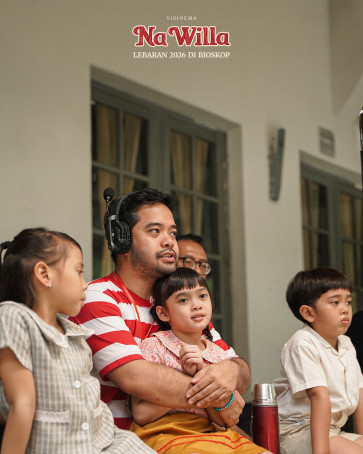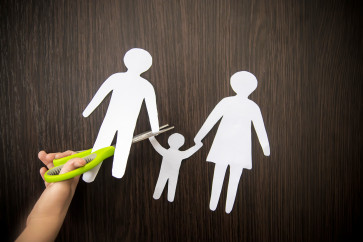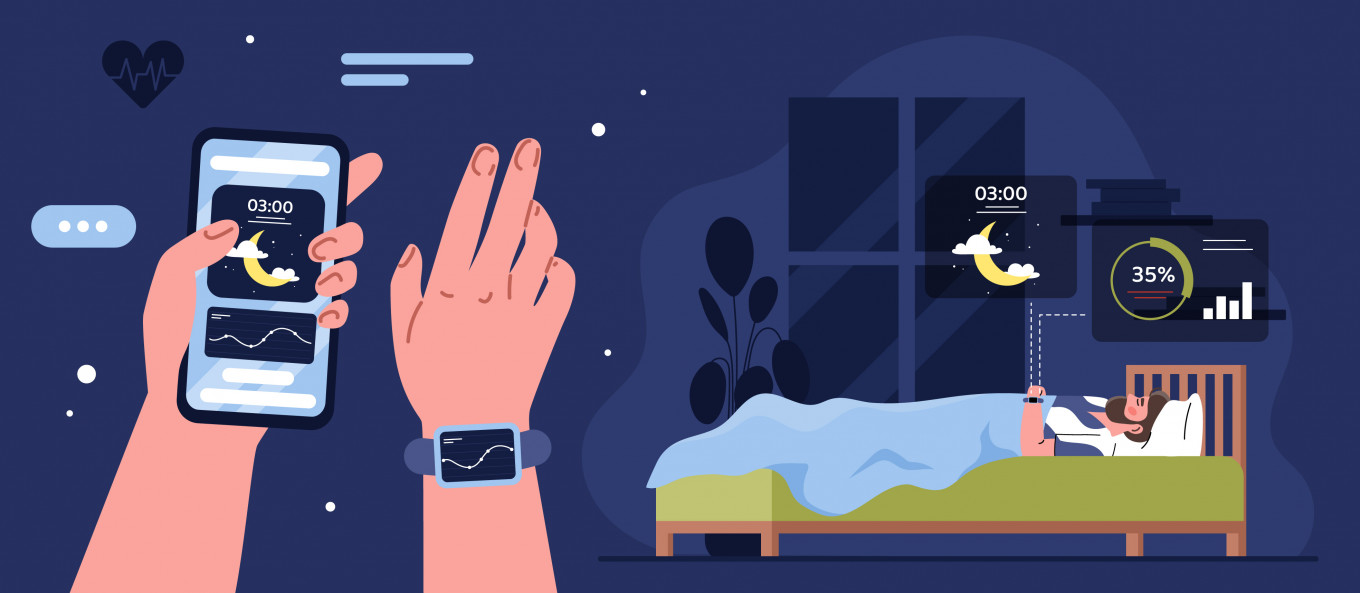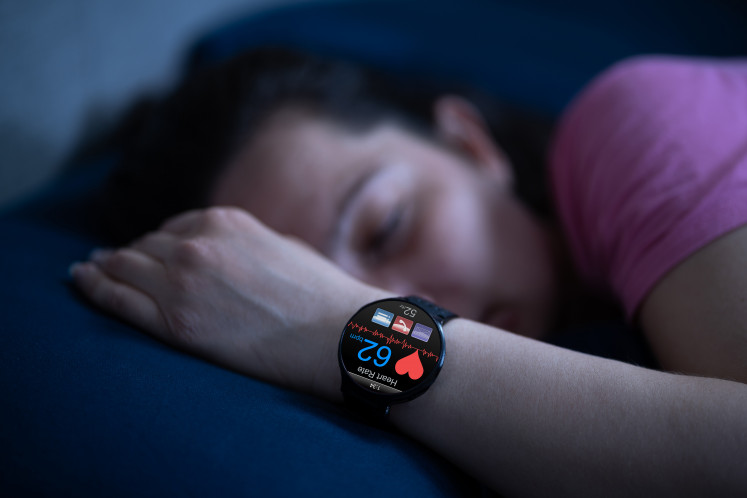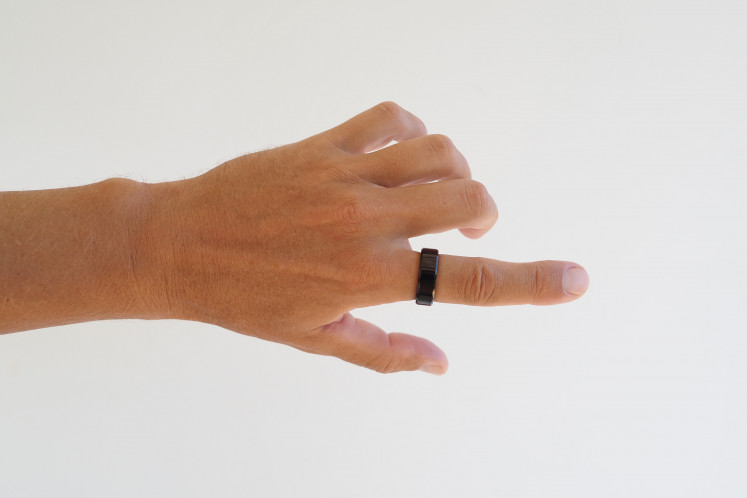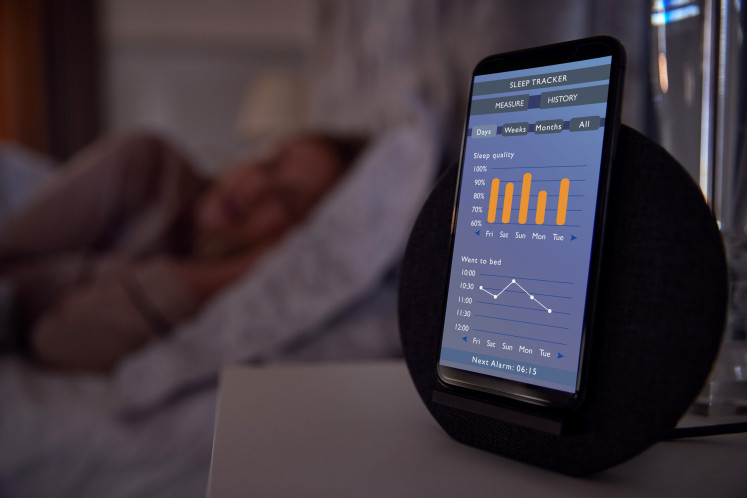Contrary to popular sentiment, sleep is not for the weak.
From mid-afternoon naps to the rare night you slumbered so long you forgot your name, sleep fuels both physical and mental recovery. It resets you for another day—or night, depending on your shift.
Outside a polysomnography in a sleep lab, measuring your sleep quality isn’t easy. You can’t exactly crawl into your own brain and you’re literally unconscious while it happens.
If you’re still curious about your ZZZs but not ready to book a study, there are a few consumer-friendly ways to check in. Most involve wearables with optical heart-rate sensors that shine a light through your skin to capture blood flow, then calculate your heartbeat and blood oxygen levels.
The catch? These aren’t medical-grade devices. They can’t track eye movements and brain activity, the most reliable indicators of sleep stages. Think of them less as diagnoses and more as a wellness guide.
Still interested? You snooze, you don’t lose.

Thank you!
For signing up to our newsletter.
Please check your email for your newsletter subscription.
1. Smartwatch: The premium all-rounder
Smartwatches are no longer just wrist candy or smartphone extensions. They are bona fide, full-on wearable computers, now armed with fitness and wellness metrics—including sleep.
The 2nd generation Apple Watch SE tracks sleep duration, heart rate and respiratory rate for Rp 4,099,000 (US$243). Higher-end models, such as the Series 10, starting at Rp 6,899,000, and the Ultra 2, starting at Rp 14,499,000, add wrist temperature and sleep apnea tracking.
On Android, Samsung’s Galaxy Watch8 line has a price tag of around Rp 5.499,000, offering similar features, plus vascular load tracking for overnight use.
. (Shutterstock)
Xiaomi’s Watch 2 covers the basics for Rp 2,499,000, while the Watch 2 Pro adds body composition and skin temperature tracking for Rp 3,199,000. Its sub-brand Redmi offers the Watch 5 line from Rp 449,000 to Rp 1,399,000.
For premium seekers, Garmin ranges from the vívomove Sport at Rp 2,999,000 to the MARQ Adventurer Damascus Steel Edition at a jaw-dropping Rp 52,999,000.
2. Fitness tracker: The budget-friendly pick
As its name suggests, fitness trackers focus on movement and activity, whether you’re biking, swimming laps or power-walking around SCBD.
While primarily built for workouts, most modern fitness trackers now almost always include sleep analysis. After all, sleeping burns calories, too.
They’re generally cheaper than smartwatches, though you often lose extras like built-in GPS and microphones, blood pressure monitoring or electrocardiology (ECG/EKG).
Fitbit, widely credited as the pioneer of fitness trackers, offers the Inspire 3 for Rp 2,040,000, syncing your sleep data through the dedicated Fitbit app.
Other options include Garmin’s vívosmart 5 at Rp 2,499,000, Samsung’s Galaxy Fit 3 at Rp 899,000 and Xiaomi’s Smart Band 10 for Rp 649,000.
They won’t do everything a smartwatch does, but for those who want basic data at night and in the gym, they deliver.
3. Smart ring: The discreet choice
If you’d rather keep your wrists free, smart rings pack sensors into a band that looks like jewelry but tracks like a smartwatch.
The Oura Ring 4, starting from $349, gives you access to simple daily sleep, readiness and activity scores. A $6.99 monthly or $79 annual subscription gets you the full range of data, including detailed full sleep analysis, heart and metabolic health, 24/7 heart rate tracking and integration with third-party apps.
. (Shutterstock)
Samsung’s Galaxy Ring retails for Rp 6,499,000 and requires no subscription. It comes with optical bio-signal sensors for heart rate, an accelerometer for body movement and a skin temperature sensor for sleep. The data syncs seamlessly into the Samsung Health.
The tradeoff? No screens, so you’ll need your phone to view your data. And, since rings aren’t one-size-fits-all, finding the right fit is crucial.
4. Dedicated sleep tracker: The essentials only
If sleep is all you care about, dedicated trackers focus on that alone.
Garmin’s Index Sleep Monitor straps to your arm to measure sleep stages and heart rate. It also monitors breathing variations and skin temperature, feeding results into the Garmin Connect. Data can also be combined with other Garmin devices for optimum analysis.
Prefer a no-wear option? The Withings Sleep Analyzer slides under your mattress, using pneumatic and sound sensors to measure respiratory rate, heartbeat and body movements. It can even detect snoring and sleep apnea.
The Garmin Index Sleep Monitor retails for Rp 2,895,000, while the Withings Sleep Analyzer starts at US$199.95, available locally through resellers on local e-commerce platforms.
5. Sleep tracking app: When your phone is enough
Don’t want another device? Sleep apps now use your phone’s existing features to monitor sleep.
SleepScore uses sonar signals from your phone’s speaker and mic to detect breathing and body movement. The free version gives you seven nights of data, while the premium subscription (you can opt for Rp 139,000/month or Rp 890,000/year) unlocks full history and reports you can share with your doctor.
. (Shutterstock)
RISE, meanwhile, reads self-reported data and your phone’s health metrics via existing health apps, calculating “sleep debt” and offering personalized recommendations. After a one-week free trial, the subscription is Rp 499,000 annually.
Not as accurate as any hardware, but for many, your phone is plenty.
Josa Lukman is an editor and head of the Creative Desk at The Jakarta Post. He is also a margarita enthusiast who chases Panadol with Tolak Angin, a hoarder of former "it" bags and an iced latte slurper.





